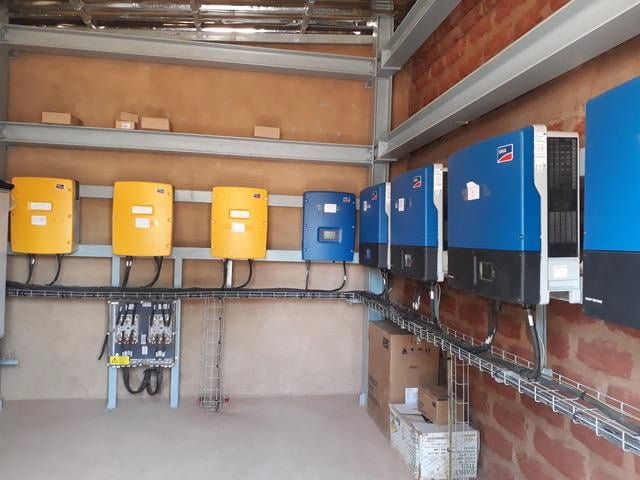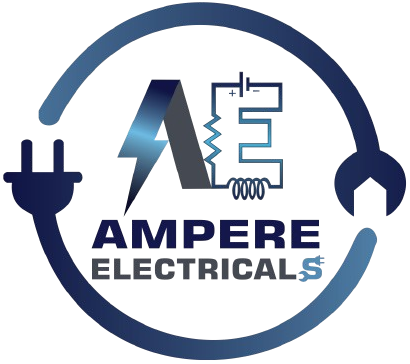Electrical Equipment installation,Testing & commissioning of Solar Sector

Electrical Equipment installation,Testing & commissioning of Solar Sector
The installation, testing, and commissioning of electrical equipment in the solar sector are critical steps that ensure the efficient and safe operation of solar power plants. These processes involve a series of meticulous tasks to guarantee that the solar energy system operates optimally and complies with all necessary standards and regulations.
1. Installation
- Site Preparation: This involves clearing the area, leveling the ground, and ensuring that the site is suitable for the installation of solar panels and associated electrical equipment.
- Mounting Structures: The mounting structures for solar panels are installed. These structures must be sturdy and capable of withstanding environmental factors such as wind, rain, and temperature fluctuations.
- Electrical Wiring: Proper electrical wiring is essential for connecting the solar panels to the inverter and the grid. This includes the installation of DC cables, AC cables, and earthing systems.
- Inverter Installation: The inverter, which converts DC electricity generated by the solar panels into AC electricity, is installed. This is a crucial component that must be installed with precision to ensure efficient energy conversion.
- Electrical Panels and Transformers: Installation of electrical panels and transformers is necessary to manage and distribute the electricity generated by the solar power system.
2. Testing
- Pre-Commissioning Tests: Before the commissioning phase, various tests are conducted to ensure that all components are installed correctly and functioning properly. These include insulation resistance testing, continuity testing, and polarity testing.
- Performance Testing: The performance of the solar panels and inverters is tested to ensure they meet the specified output levels. This involves measuring voltage, current, and power output under different conditions.
- Safety Testing: Safety tests are conducted to ensure that the system is safe to operate. This includes testing the earthing system, overcurrent protection devices, and ensuring compliance with safety standards.


3. Commissioning
- System Integration: During commissioning, the solar power system is integrated with the electrical grid or the intended load. This process involves synchronizing the solar output with the grid or the facility’s electrical system.
- Final Testing: Final tests are performed to verify the functionality of the entire system. This includes load testing, grid compliance testing, and operational readiness checks.
- Documentation and Handover: Once the system passes all tests, documentation is completed, including test results, as-built drawings, and operation manuals. The system is then handed over to the client or operator for regular operation.
4. Post-Commissioning
- Monitoring and Maintenance: After commissioning, the system enters the monitoring and maintenance phase, where its performance is continuously monitored to ensure long-term efficiency. Regular maintenance is conducted to address any issues that may arise and to keep the system operating at peak performance.






Services
Contact
8688386229
Baidyanath Nagar,1st lane Berhampur, Ganjam, Odisha, 760010
© 2024 Created with Techlogic Softwares


 Users Today : 3
Users Today : 3